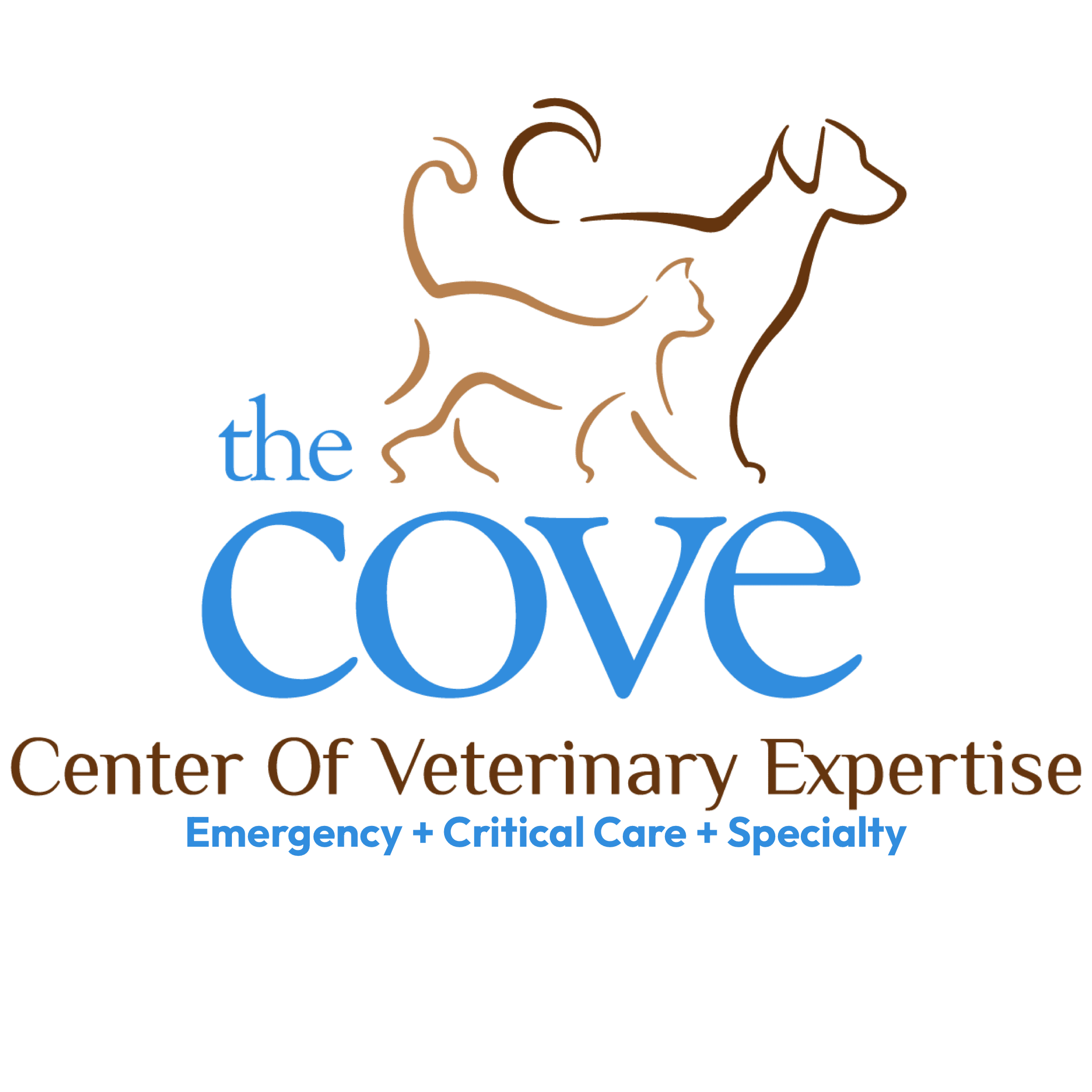When you think about working with purpose, does your mind jump to caring for animals? Veterinary professionals provide invaluable care and service by ensuring that our beloved animals stay happy and healthy. You’ll be happy to know that there are many rewarding career options in the animal health industry that don’t involve becoming a veterinarian.
Competent, passionate, and dedicated team members are always in demand for both small animal (dogs, cats, hamsters, etc.) and large animal (farm, equine, etc.) organizations, including hospitals, labs, zoos, schools, shelters, and more.
Here at The COVE, we hope to inspire a new generation of veterinary professionals. Below you will find a general overview of three amazing veterinary career opportunities that don’t require a DVM (Doctor of Veterinary Medicine) degree.
Veterinary Assistant
Veterinary assistants (VA) help with animals’ well-being in hospitals, clinics, or laboratories alongside the medical team. They feed, bathe, exercise, restrain, and monitor pet patients and clean cages, kennels, or exam and operating rooms. They may keep a close eye on animals after specific procedures, and some assistants may help with x-rays, collect blood or urine samples, etc. Most employers require a veterinary assistant to have at least a high school diploma. It is also helpful if you have experience working with animals (volunteering at a shelter or rescue organization for example) before applying for a position. Once you’ve gained some experience, and as employment becomes more competitive, you can continue on the career ladder by becoming a certified VA through completion of a National Association of Veterinary Technicians in America (NAVTA) approved program.
Veterinary Technician/Technologist
A veterinary technician career begins with an Associate of Veterinary Technology degree, while a veterinary technologist career typically begins with a Bachelor of Veterinary Technology degree. Both degrees must come from a program accredited by the American Veterinary Medical Association (AVMA).
Like nurses in human healthcare, veterinary technicians must become registered, licensed, or certified, depending on their state. Most states require the passing of the Veterinary Technician National Examination. Learn how to become a licensed veterinary technician (LVT) in Virginia.
Licensed veterinary technicians work directly under the supervision of a licensed veterinarian to help provide treatment and care to animals. They are extremely valuable members of the medical team. Their responsibilities include, but are not limited to, triage assessments, hourly patient assessments, nursing care, diagnostic tests and x-rays, administering medications, vaccines, and treatments, drawing blood, placing catheters, preparing an animal for surgery, performing anesthesia and analgesia (pain management) during surgery, and observing/reporting on the behavior and condition of patients. Licensed veterinary technicians perform countless duties, but cannot diagnose illness, prescribe medications, or perform surgeries.
Veterinary Technician Specialist (VTS)
A veterinary technician specialist has advanced academic training and credentials in a specialty of veterinary technology, according to the National Association of Veterinary Technicians in America (NAVTA). Denoted by the initials VTS, followed by the specialization in parentheses such as (emergency and critical care) or (surgery), this technician is at the top of the field.
Each specialty carries its own set of standards and requirements that must be met to earn the specialty title. Basic requirements of each veterinary technical specialty include:
- Graduation from an accredited technician program (some specialties require a four-year degree)
- A veterinary technician license
- On-the-job experience (usually at least three to five years)
- A case log that demonstrates your knowledge and expertise in the field
- Passing a certification exam
- Continuing education in a chosen field
Earning a veterinary technician specialty requires plenty of extra time and effort. Still, it can be worth the effort for those who want to focus on a particular area of veterinary medicine or want to take their career to the next level. Veterinary technicians with specialty certifications typically command a higher salary and better job security than those without a specialty.
Educational Opportunities in the Hampton Roads Region
Tidewater Community College (TCC) offers a Career Studies Certificate for Veterinary Assistant and an Associate of Applied Science in Veterinary Technology degree. Both programs are available exclusively at the TCC Virginia Beach, VA campus.
The Veterinary Assistant program is approved by NAVTA. The Veterinary Technology program has received initial accreditation by the American Veterinary Medical Association. Graduates are eligible to take the Veterinary Technician National Examination and become a Licensed Veterinary Technician.
Additional Veterinary Career Options
If being a veterinary assistant or technician may sound interesting, but you would like to explore a few more ideas as well, you may find these articles What Are Dream Jobs With Animals or The Ultimate Animal Careers List of interest.
Additional Resources
Whatever career path you’d like to take in the animal health world, we want to make sure that you have access to the quality educational resources. Thebestschools.org has created open-use guides and programs to give students the best head start in the field. The guides contain job outlook, certifications, and programs that students need to succeed in their studies. Take a look at their guides below:
- Veterinary Careers Essentials (veterinarians, techs, assistants)
- Veterinary Education Expert Interview (for veterinarians)
- Financial Aid Basics
And last but not least, if you’d prefer to show your love for the animals by doing non-clinical work, here are a few options:
We hope you have found this information helpful and inspiring. And remember, that should your pets ever need advanced care in cardiology, surgery, dentistry, or emergency/critical care, we are here for you 24/7. Please visit thecovevetsdev.wpengine.com or call 757-935-9111 for more information.
About Us
The COVE’s veterinarians and staff wholeheartedly embrace the core values of community, collaboration, commitment, compassion, and integrity. This focus ensures that pets, the people who love them, and their primary care veterinarians have as positive and affirming a healthcare experience as possible, regardless of the circumstances that bring us all together.
